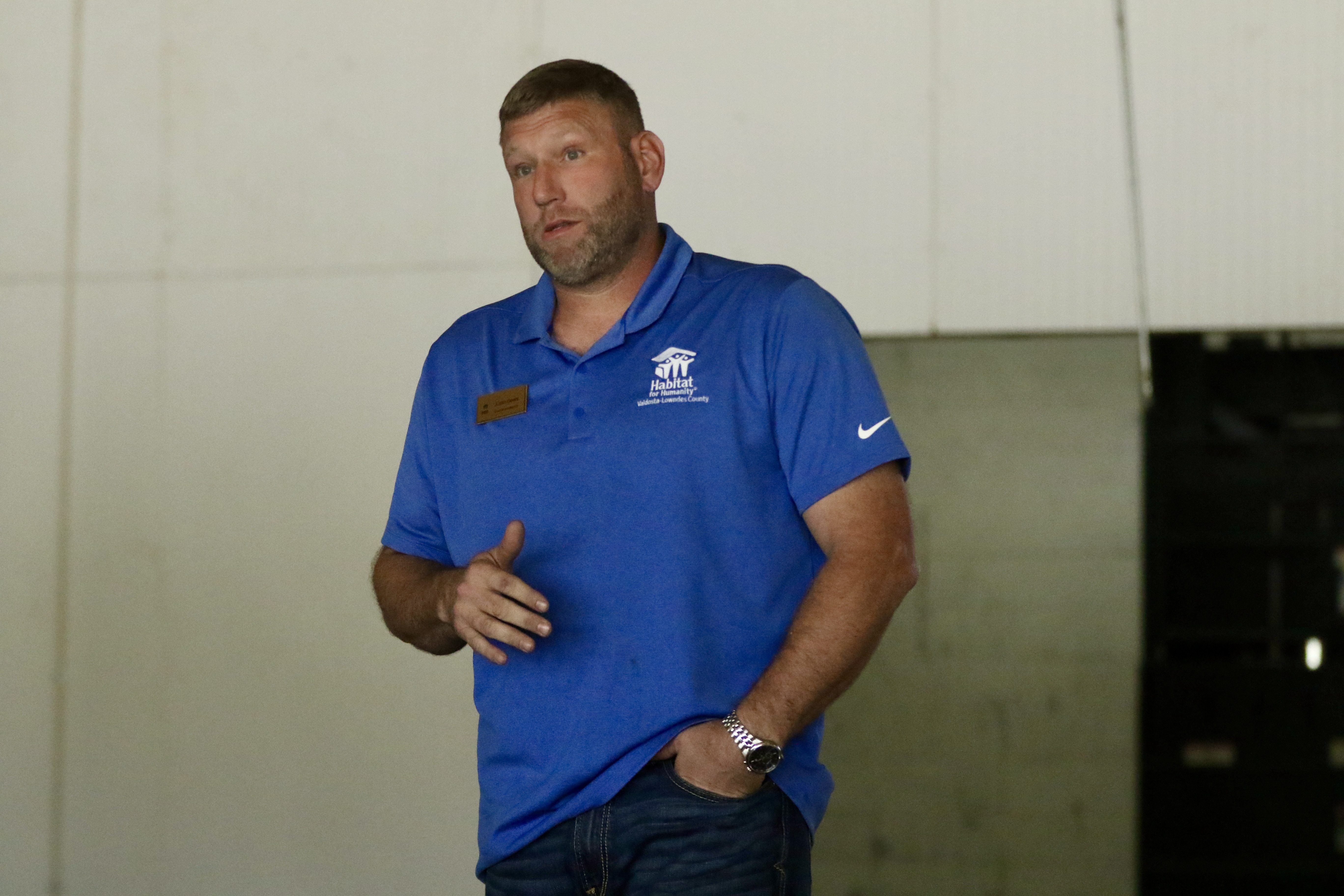Why are we in Afghanistan?
Published 9:00 am Sunday, December 2, 2018
We are still in Afghanistan?
Yes, after 17 years, thousands of U.S. troops remain in Afghanistan, some of them deployed from our own Moody Air Force Base and now area National Guard soldiers are preparing to go.
So, why are we still there?
We know why we went there after Sept. 11, 2001.
In fact, we will never forget what happened that day.
The mastermind behind 9/11 has been killed. The terrorist force decimated.
Still, we remain in Afghanistan with around 10,000 brave American men and women putting themselves in harm’s way, separated from their families.
But for what?
Osama bin Laden is no longer a threat and the Taliban is but a shadow of the terrorist force it was under bin Laden.
During the past 17 years, more than 2,000 troops have lost their lives serving in Afghanistan and tens of thousands have been wounded.
Three more American service members were killed just this week.
Though the human costs far outweigh the dollars and cents, American taxpayers have doled out trillions of dollars to support the war effort.
We were there under a Republican administration, then a Democrat administration and we’re still there under another Republican administration.
The strategies, and the results, are essentially the same.
Afghanistan is considered by some to be this generation’s Vietnam.
Ask your congressman, “What is the objective of the U.S. force in Afghanistan?”
Ask, “How much longer will we be there?”
Ask, “What is our exit strategy?”
The primary reason for the stagnation seems to be a fear of two things. First, there is the fear of being the president who seems to be weak on terrorism. Second, is the fear of leaving behind an unstable, even fragile, Afghanistan.
Neither of those concerns should outweigh the very real costs of the American Afghan stagnation and seemingly endless war.
The larger question is: Where is the U.S. Congress anyway, and what is it doing these days?
Article 1 gives Congress the power to declare war. It is time for Congress to wrest its war powers back and to exercise oversight of American action abroad.
Yet, whenever a president has mentioned leaving Afghanistan, some congressmen have criticized the commander in chief for letting our enemies know when we’re leaving, or weakening American resolve. Even presidential orders for a reduction of troops in the past has led to members of Congress advocating military “surges.”
We hope in one very important way Afghanistan is drastically different from Vietnam — in the way we treat our troops.
We must send them off with our love and affection, and then welcome them home with open arms.
Meanwhile, there are many South Georgia families waiting for relatives to return home. Families with loved ones in Afghanistan. Families we see in the grocery store, at church, in school, at the movies, at work.
Families who understand the call to duty, who understand the sacrifice, who understand the chain of command.
But families, nonetheless, waiting to be whole again.
Waiting and likely wondering.
Wondering why their loved one is in Afghanistan?





